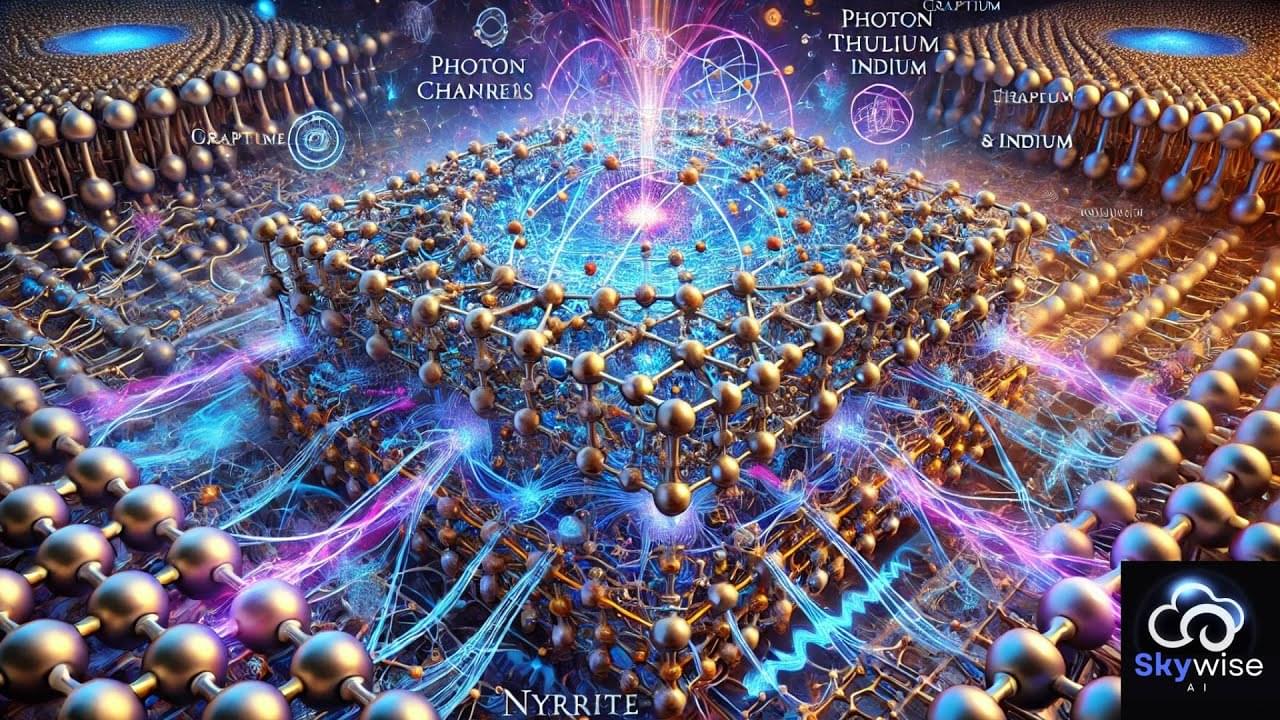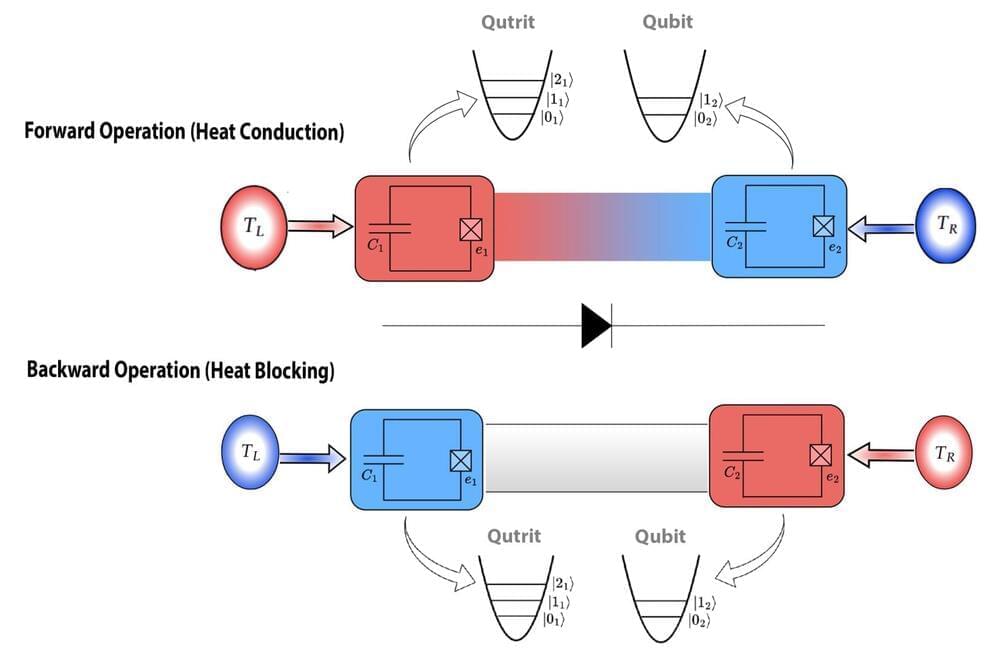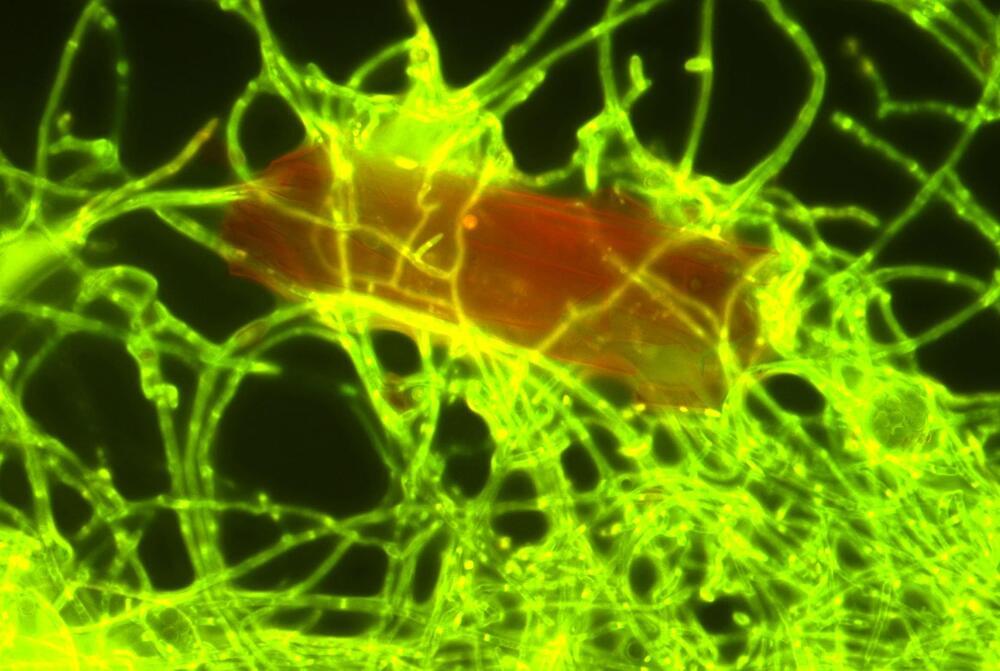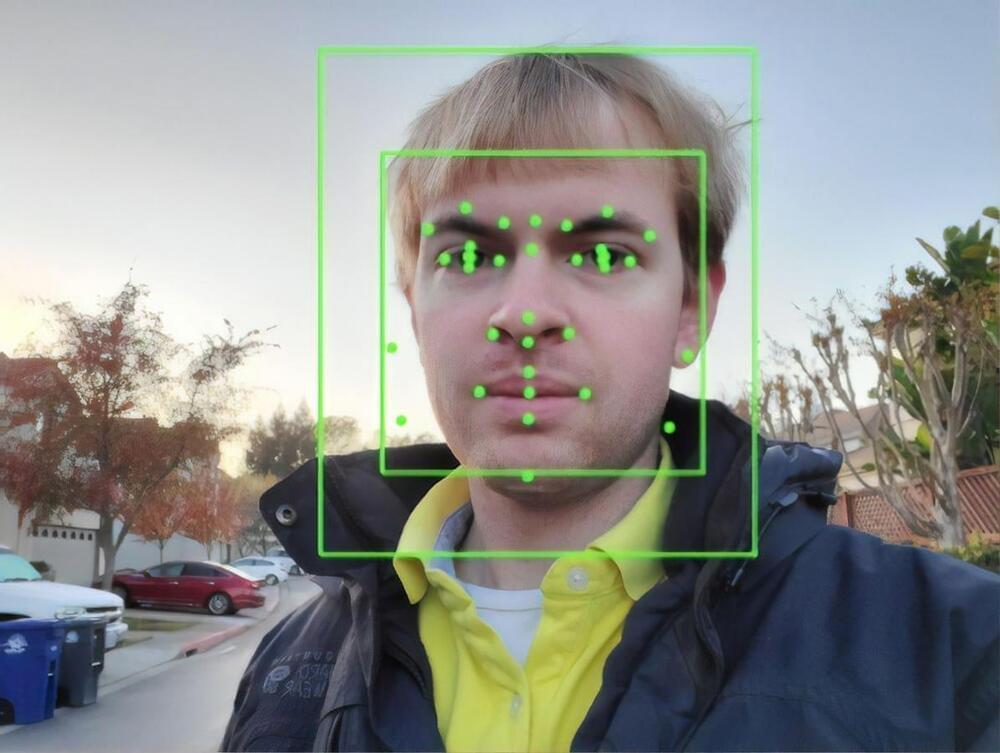Dec 29, 2024
Zero Point Energy Explained: Unlocking the Quantum Vacuum
Posted by Dan Breeden in categories: climatology, nanotechnology, particle physics, quantum physics, sustainability
The 21st century faces an unprecedented energy challenge that demands innovative solutions. This video explores Zero Point Energy (ZPE), a groundbreaking concept rooted in quantum mechanics that promises limitless, clean, and sustainable power. Learn how the quantum vacuum—long considered empty—is teeming with virtual particles and untapped energy potential. From understanding the Casimir effect to leveraging advanced technologies like fractal energy collectors and quantum batteries, this video details how ZPE could revolutionize industries, mitigate climate change, and empower underserved communities. Dive into the science, challenges, and global implications of a ZPE-powered future.
#ZeroPointEnergy #CleanEnergy #QuantumVacuum #Sustainability #EnergyInnovation #ZPE #QuantumMechanics #RenewableEnergy #GreenTech #CasimirEffect #QuantumEnergy #EnergySustainability #ClimateSolutions #FractalEnergy #QuantumBatteries #AdvancedTechnology #LimitlessEnergy #Nanotechnology #FutureOfEnergy #CleanPower

















